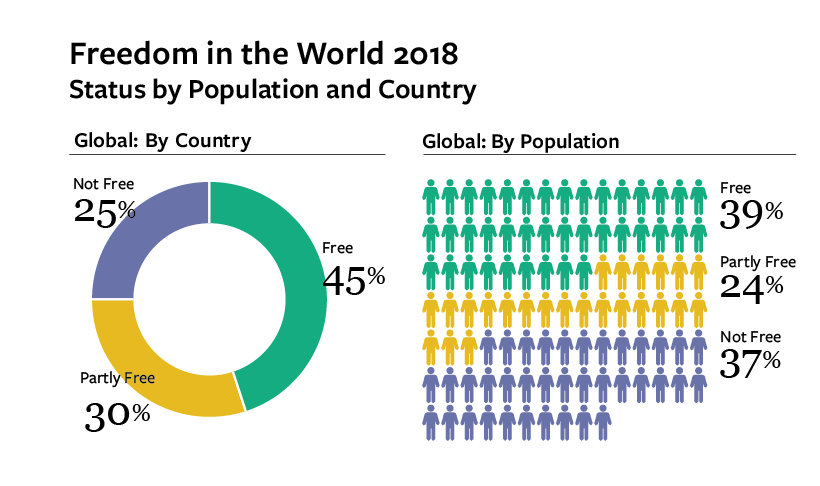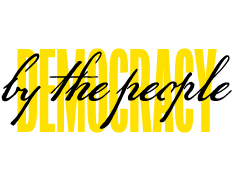 The rise of populism has made it fashionable among political scientists and the general public to argue that there are fewer differences between democracies and autocracies than previously thought, according to professor of international politics at the Fletcher School of Law and Diplomacy at Tufts University, who stresses the resiliency of democracy.
The rise of populism has made it fashionable among political scientists and the general public to argue that there are fewer differences between democracies and autocracies than previously thought, according to professor of international politics at the Fletcher School of Law and Diplomacy at Tufts University, who stresses the resiliency of democracy.
It is certainly true that the picture is not as black and white as it used to be. Last month, however, Elizabeth N. Saunders and Susan D. Hyde published an outstanding review essay in the journal International Organization that is a must-read for political scientists, he writes for The Washington Post. They argue that although democratic leaders might be able to reduce domestic constraints on their range of behavior, they are still more constrained than autocracies most of the time: “Our reading is that the tone of research on autocracies in [international relations] is often too optimistic, while the tone of research on democracies is sometimes too gloomy.”
 What’s more, he adds, the latest wave of surveys, from the political scientists behind Bright Line Watch found that “perceptions of the overall performance of American democracy remain stable among both experts and the public since we began surveying each group.”
What’s more, he adds, the latest wave of surveys, from the political scientists behind Bright Line Watch found that “perceptions of the overall performance of American democracy remain stable among both experts and the public since we began surveying each group.”
There are clearly different routes to freedom. But to achieve real democracy requires a set of strong institutions that are common throughout the democratic world, says a leading analyst.
Honest elections, a diverse media, an independent judiciary, property rights, a state that tolerates a critical press and an independent civil society, minority protections. If these institutions are lacking, then you don’t have democracy; you have something else. And there is no such thing as “illiberal democracy” or “democracy with Chinese characteristics,” argues Arch Puddington, senior scholar at Freedom House, whose books include Broadcasting Freedom: The Cold War Triumph of Radio Free Europe and Radio Liberty and Lane Kirkland: Champion of American Labor.

Arch Puddington
What are some examples of the opposite trend—bright spots that are now making real strides toward democracy? he is asked by The American Interest’s Jeffrey Gedmin and Sean Keeley.
AP: I would start with Ukraine. When I joined Freedom House in the 1990s, Ukraine was a state run by corrupt oligarchs with close ties to Russia. It was not exactly a Russia satellite, but certainly Moscow had outsized influence. Now Ukraine is building an independent state with a national identity and democratic institutions. It is no longer a junior vassal of Russia. That’s a very positive thing. Aside from Ukraine, there have been positive if fragile gains in a few countries, like Malaysia, Armenia, Ecuador, Gambia, North Macedonia, possibly Ethiopia. And, of course, most of the countries that embraced democracy at the Cold War’s end have not slid back into some form of autocracy. They remain democracies—that’s important to keep in mind.
Perhaps more significant is the increasing willingness of people living under autocracy to protest and resist, Puddington adds, citing civil society movements in Lebanon, Sudan, Algeria, even Iran. RTWT
![]()







